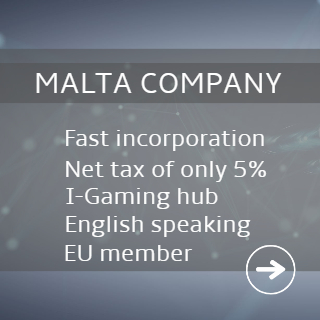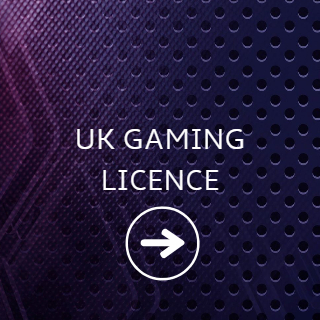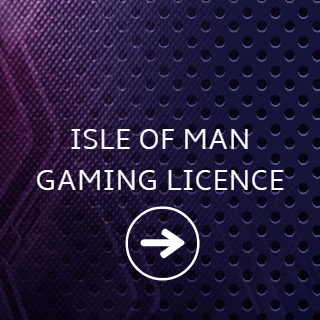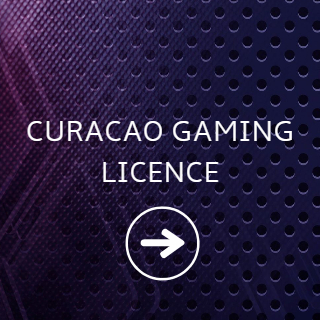Since legislating remote gaming in 2004, Malta has grown to become the worldwide leading hub for e-gaming licenses. The Malta Gaming Authority (MGA) is held in high regard as a regulator that balances firm enforcement of regulation with a pro-active approach to allow the industry to continue to flourish. The MGA permits the use of crypto within licensed gaming businesses in a regulatory sandbox.
Malta’s main advantage is the fact that it is an onshore jurisdiction. Maltese operators do not face the difficulties that offshore operators face with exchange controls, access to capital markets and access to e-wallets and payment gateways worldwide. In the case of Malta i-gaming licensees, players find comfort in knowing that they are dealing with an onshore jurisdiction whose legislation is in line with the applicable EU legislation and international agreements.
B2B vs B2C Malta Gaming Licence
The starting point in the Malta gaming licence is to consider whether the platform will supply games to other institutional users (B2B) or if it will have gamers as its own end clients (B2C). As you may expect, regulatory requirements for B2C are more onerous ion order to protect the end user.
Game Types in Malta Gaming Licence
Under either B2B or B2C, the Malta gaming licence may then be obtained to permit one or more game types in the following verticals:
Type 1 games of chance played against the house, the outcome of which is determined by a random number generator. This type includes casino type games such as roulette, blackjack, baccarat, poker played against the house, lotteries, secondary lotteries and virtual sports games.
Type 2 games of chance played against the house, the outcome of which is not generated randomly but is determined by the result of an event or competition outside the game of chance and where the operator manages his or her own risk by managing the odds offered to the player, typically a sportsbook.
Type 3 games of chance not played against the house and wherein in the operator is not exposed to gaming risk, but generates revenue by taking commissions or other charge based on the stakes or the prize. This type includes player versus player gamessuch as poker, bingo, betting exchange and other commission-based games.
Type 4 skill games the outcome of which is determined by the use of skill alone or mainly by the use of skill determined to be licensable by the MGA (therefore controlled skill games), principally fantasy sports.
Malta Material Supply Certificate
Apart from the licenses mentioned above, the Gaming Authorisations Regulations provide that any person offering a material gaming supply to Malta licenced operators may request a material gaming supply certificate from the MGA. While this is an optional regime, the regulations impose an obligation on Maltese licenced operators to ensure that third party material suppliers they contract with (i) either are in possession of the material gaming supply certificate from the MGA; or (ii) the material gaming supply is otherwise approved on a case-by-case basis by the MGA and subject to a risk-based approach. In such case the licensed operator has to assume full regulatory responsibility for the material supplies.
Therefore, material gaming suppliers that have obtained the certificate facilitate the process of their approval as service providers of Malta licensed operators.
Recognition in Malta of Foreign i-Gaming License
The MGA recognises iGaming licences that have been issued in other EU/EEA jurisdictions in line with European Treaty principles. Licensed companies are allowed to operate in Malta provided that they notify the MGA and obtain a recognition notice.
Whilst the recognised licensee itself is not regulated by the MGA and the full rights and obligations emanating from the jurisdiction of where the licence was originally issued continue to apply, a recognised licence in Malta has the same effect as an authorisation issued by the MGA for the purpose of providing a gaming service, gaming supply, key function, or any other authorisation in or from Malta.
The recognition therefore legitimises the operations of the licensee in and from Malta.
Merchant and Processing Accounts
With i-Gaming deemed to be a high-risk activity by financial institutions all over the world, gaming operators frequently find issues in opening bank relations. Our experience in advising i-gaming businesses extends to assisting with the opening and maintenance of both merchant and processing accounts in multiple jurisdictions.







